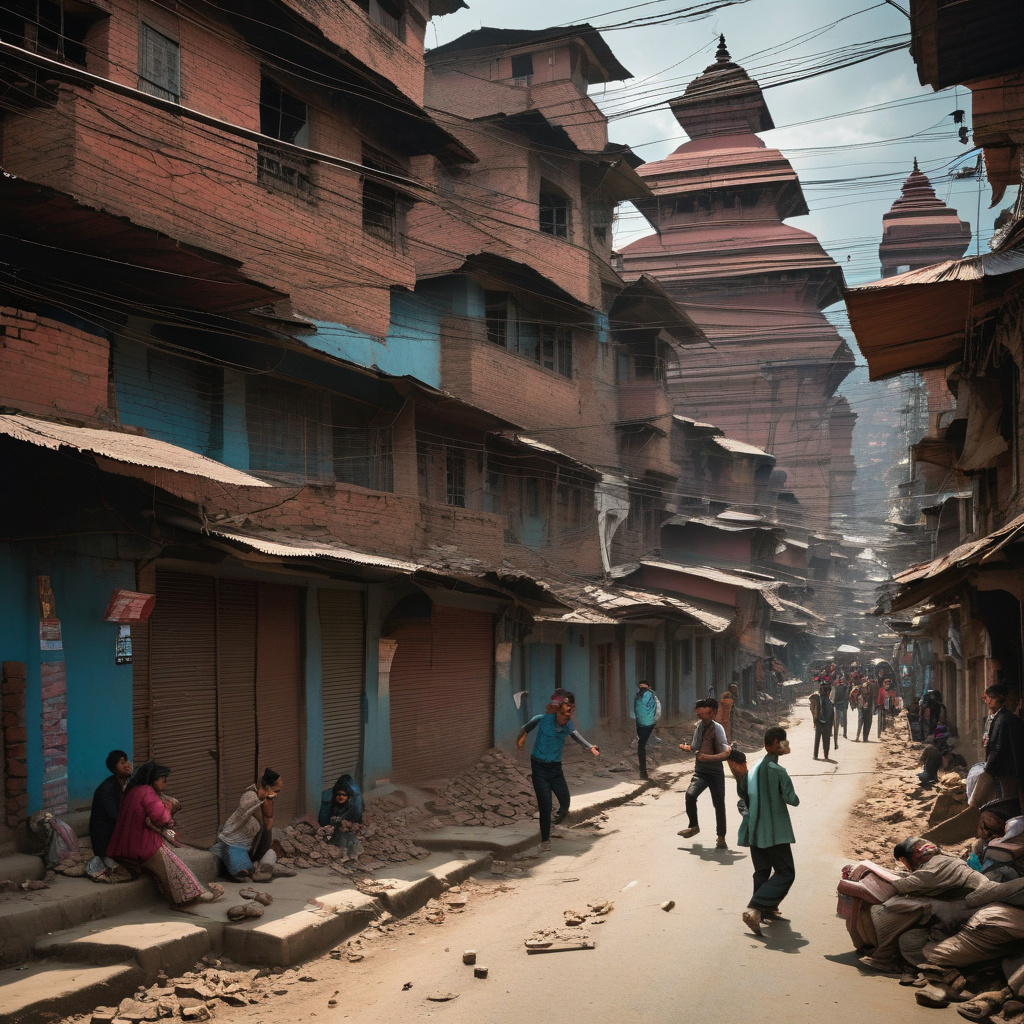Techno(demo)cracy in Action: How a Five-Day App Blackout Lit a Gen Z Online Movement in Nepal
In a bold move to regulate the online space, Nepal’s government recently made the decision to block access to 26 social platforms. This decision, which came into effect on 4th September, was a response to these platforms failing to register locally under Nepal’s regulations. The list of banned platforms included major players like Facebook, Instagram, YouTube, and WhatsApp, sending shockwaves through the digital community in the country.
The government’s attempt to assert control over the digital realm was met with swift and passionate opposition, primarily led by the youth of Nepal. Gen Z, in particular, took to the streets both online and offline to protest against what they saw as an infringement on their digital rights. The five-day blackout of these popular social media sites served as a catalyst for a larger movement that highlighted the power dynamics at play in the intersection of technology and democracy.
One of the key issues that this incident brought to the forefront is the concept of techno(demo)cracy – the influence that technology wields over democratic processes and vice versa. In this case, the government’s decision to restrict access to social platforms was seen as a direct attack on freedom of expression and information, fundamental tenets of a democratic society. The youth-led movement that emerged in response to this perceived threat showcased how technology has become a battleground for upholding democratic values.
Social media platforms have become more than just tools for communication; they are now arenas for political discourse, activism, and community building. The blackout in Nepal underscored the significant role that these platforms play in shaping public opinion and mobilizing citizens for collective action. By cutting off access to these digital spaces, the government inadvertently galvanized a generation that is deeply entrenched in the online world.
The Gen Z activists in Nepal leveraged various online tactics to amplify their message and organize protests. From creating viral hashtags to sharing real-time updates and live streams, they harnessed the power of social media to circumvent the very restrictions that were imposed on them. This episode serves as a testament to the resilience and creativity of digital natives when it comes to navigating challenges in the online landscape.
Moreover, the incident in Nepal raises broader questions about the role of governments in regulating the digital sphere. While the government cited concerns about national security and data privacy as reasons for the ban, critics argue that such measures are often disproportionate and infringe on individual liberties. Finding the right balance between safeguarding the public interest and upholding digital rights remains a complex and ongoing challenge for policymakers worldwide.
As Nepal grapples with the aftermath of the app blackout and the ensuing protests, the techno(demo)cratic dynamics at play serve as a cautionary tale for other nations navigating similar issues. The convergence of technology, democracy, and activism has given rise to a new generation of digital citizens who are unafraid to challenge authority and demand accountability in the online space.
In conclusion, the five-day app blackout in Nepal was not just a temporary disruption of online services; it was a spark that ignited a larger conversation about the intersection of technology and democracy. The Gen Z online movement that emerged from this incident demonstrated the power of digital natives to mobilize for a cause they believe in, showcasing the potential for collective action in the digital age.
#Nepal, #GenZ, #Technodemocracy, #DigitalRights, #OnlineActivism
